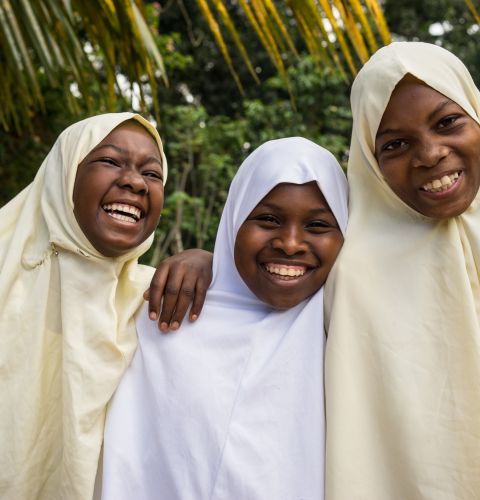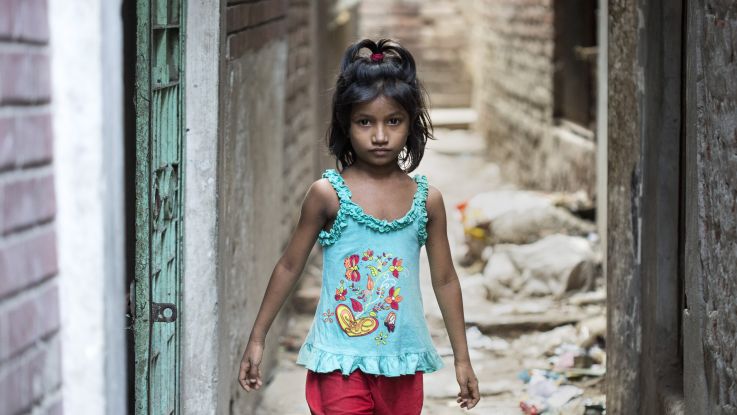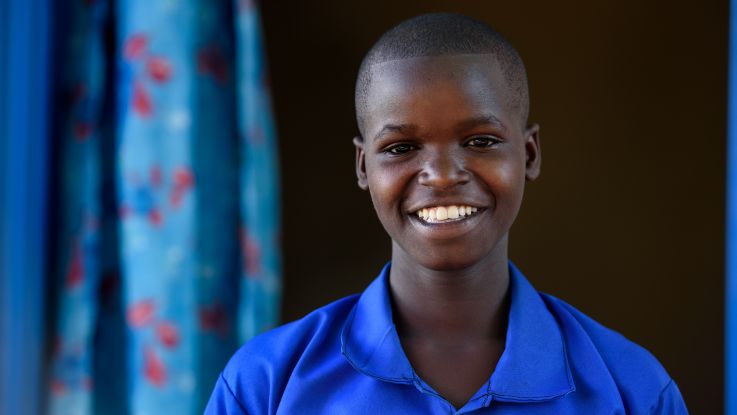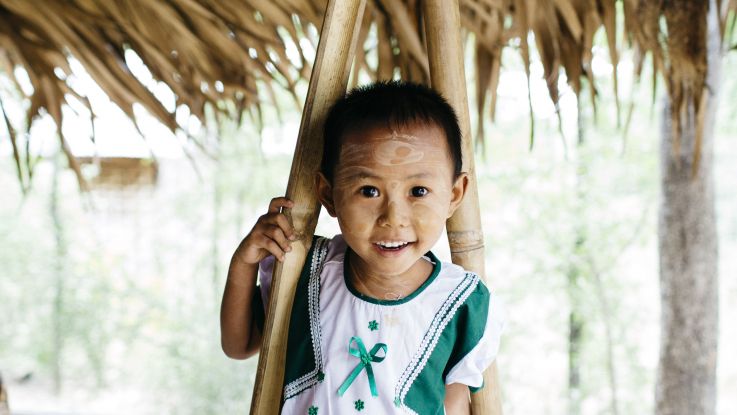Tanzania
Why we work in Tanzania
Tanzania is a large country in East Africa. It was formed in 1964 from the territory of Tanganyika and the islands of Pemba and Zanzibar, which still has a separate government and legal system. The economy boomed until the early 1980s, when drought and war with Uganda created instability. Tanzania is now one of the world’s poorest countries.
Cassava, maize and rice are Tanzania’s main food crops. Food shortages are very common, with around a third of each harvest lost due to a lack of storage facilities. Unreliable rains, infertile soil and traditional farming practices also contribute to a lack of food security. Nearly half of children have stunted growth.
Women's rights in Tanzania
One in three Tanzanian members of parliament is female. Yet women and girls face many issues including violence, female genital mutilation (FGM), child marriage and early pregnancy.
Domestic violence is common – many women accept it as a normal part of life. Teenage girls are especially vulnerable to HIV, which affects 1.5 million people in the country.
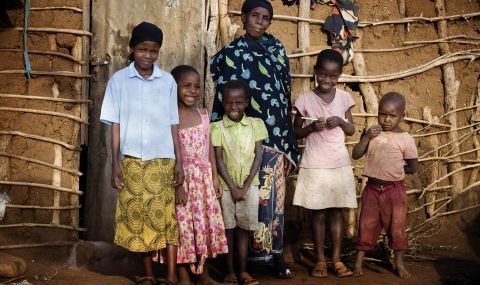
Maua Juma (left), 11 with her mother and siblings outside their house. Maua Juma is going to school thanks to an education project in her community, supported by ActionAid .
What we do in Tanzania
Helping children get an education
Although nearly all children in Tanzania are enrolled in primary school, in some areas less than half of girls finish their primary education. Many students drop out because of a lack of basic materials and poor classroom conditions.
Through our local partners, ActionAid works with communities to develop school systems and help more girls to enrol in and succeed at school. In the short term, we provide schools with essential items such as desks, books, pens and footballs, as well as training the community to lobby their local government for better facilities in the long run.
Our children’s clubs also give children the chance to learn about their rights. In 2016 we helped over 2,000 children to stay in school.
Tackling hunger
In 2016 approximately 80% of Tanzanians relied on subsistence farming. This means millions of people are extremely vulnerable to food shortages if the rains are late or seeds fail to germinate.
Local staff work with communities to establish savings groups where women can save money, take affordable loans and learn farming skills such as irrigation and compost-making.
We work to provide communities with better access to water by digging boreholes and training them on how to repair them. In 2016, ActionAid provided three new boreholes on the island of Mafia, giving 571 people access to safe drinking water.
Keeping girls safe from harm
Discrimination, abuse and violence against women and girls are widespread in Tanzania. Two out of five women have experienced physical violence in their lifetime, and many women are not aware that laws exist to protect them.
ActionAid supports women by delivering training workshops in women’s rights and domestic law so that they can seek justice if they are harmed. Women and girls who have experienced violence can also receive counselling, legal advice and care in specialised shelters run by local staff.
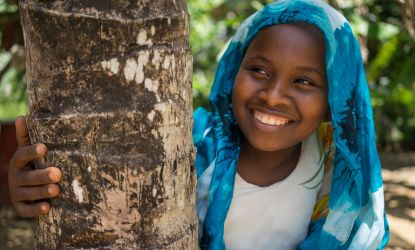
Protecting girls from sexual violence
10-year-old Zeinab is a sponsored child who lives on the outskirts of Stonetown in Zanzibar, where there is a high risk of sexual violence for young girls. Several of Zeinab’s friends have been attacked. “Someone I know was going to a shop and something horrible was done to her,” she told us.
Thanks to support through ActionAid child sponsorship, Zeinab and her friends are going to school and attending an ActionAid Girls’ Club, where they learn how to avoid the risk of being attacked and how to seek help.
Zeinab says: “In the club we are taught about violence. We are told that, as girls, we shouldn’t move around by ourselves - if someone calls us and offers us money, we should refuse.”
“The best thing about Girls’ Club is that we sit together and talk about different issues. We talk about violence and there’s a suggestion box so that we can write down anything we feel or what we’ve been through and that really helps a lot.”
Sponsor a child like ZeinabZeinab is learning how to avoid the risk of sexual violence at ActionAid Girls Clubs
Rachel Palmer/ActionAid
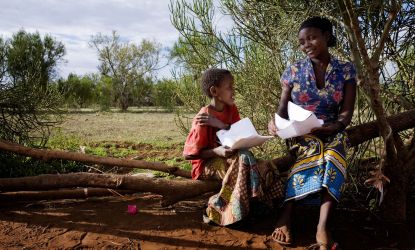
Helping children go to school
11-year-old Maua Juma is one of many girls ActionAid has helped get an education in Tanzania. “I go to school every day now,” she says. “I don’t like to miss school because I miss learning things. We now get two meals a day at school - porridge and mkandi - and this is free for everyone.”
“We are also taught about girls’ rights,” she says. “I know now that going to school is my basic right. I want to finish and then go on to college so that I can start teaching others”.
Maua Juma’s mum, Chiko, says: “I am very proud of her. It is very good that now a lot more girls in the community are going to school in general and getting educated."
Read more about our work on educationMaua Juma is able to go to school thanks to the 'transforming girls education project' in supported by ActionAid
Kate Holt/ActionAid
Page updated 29 January 2025
